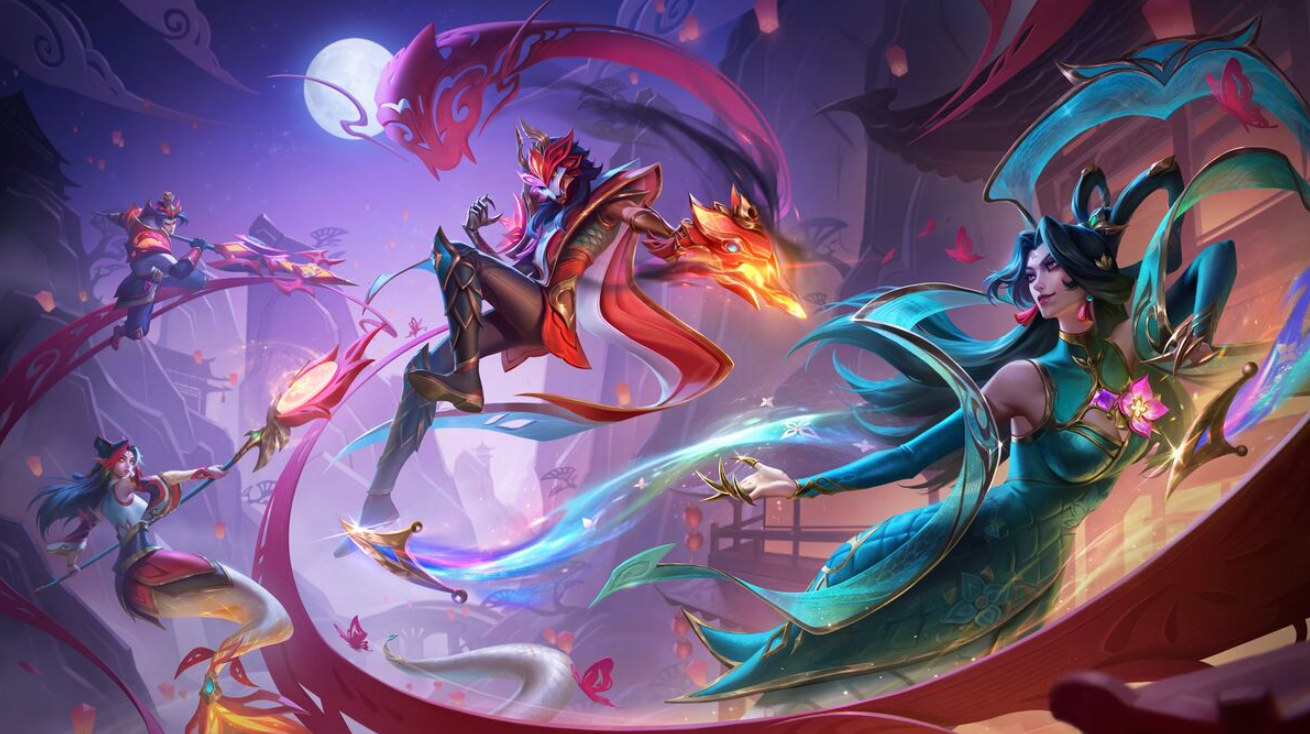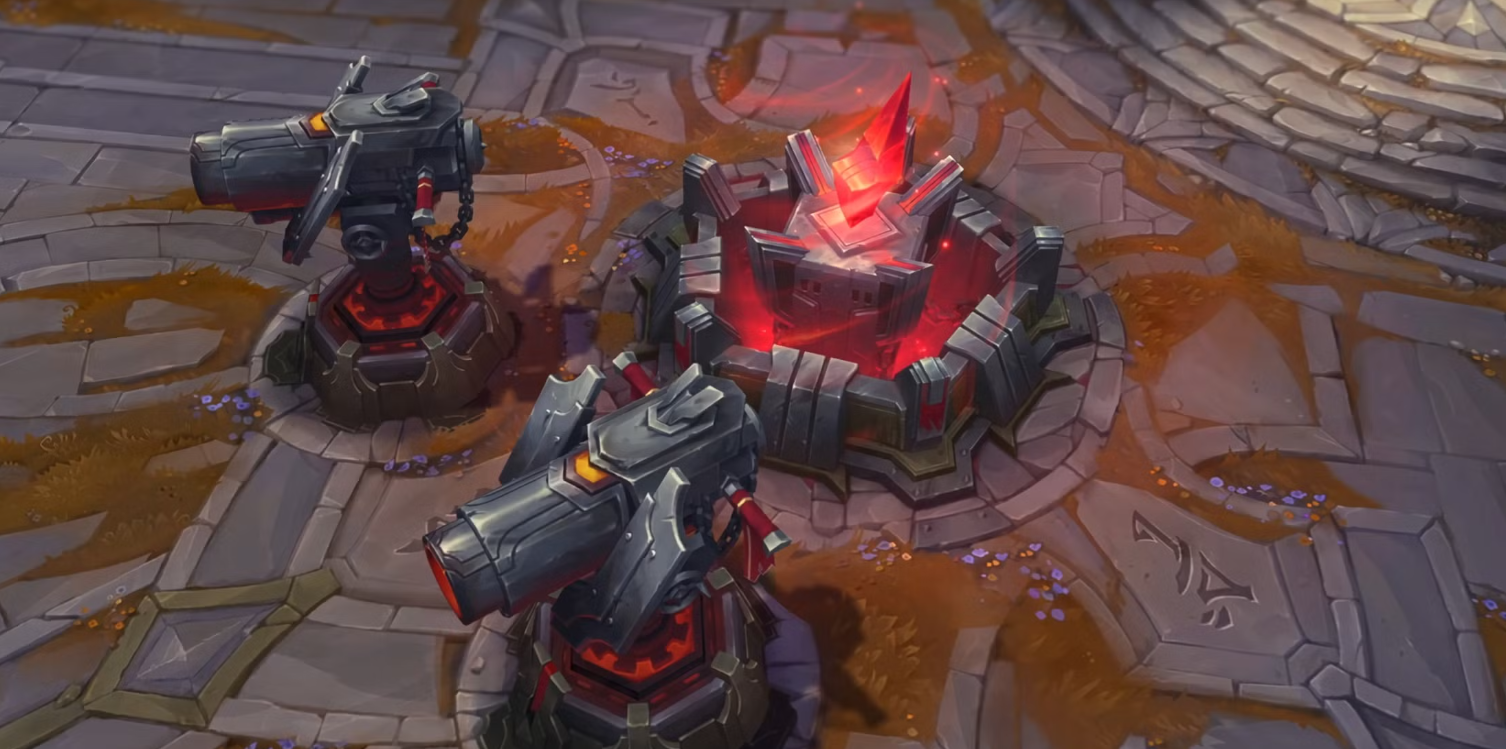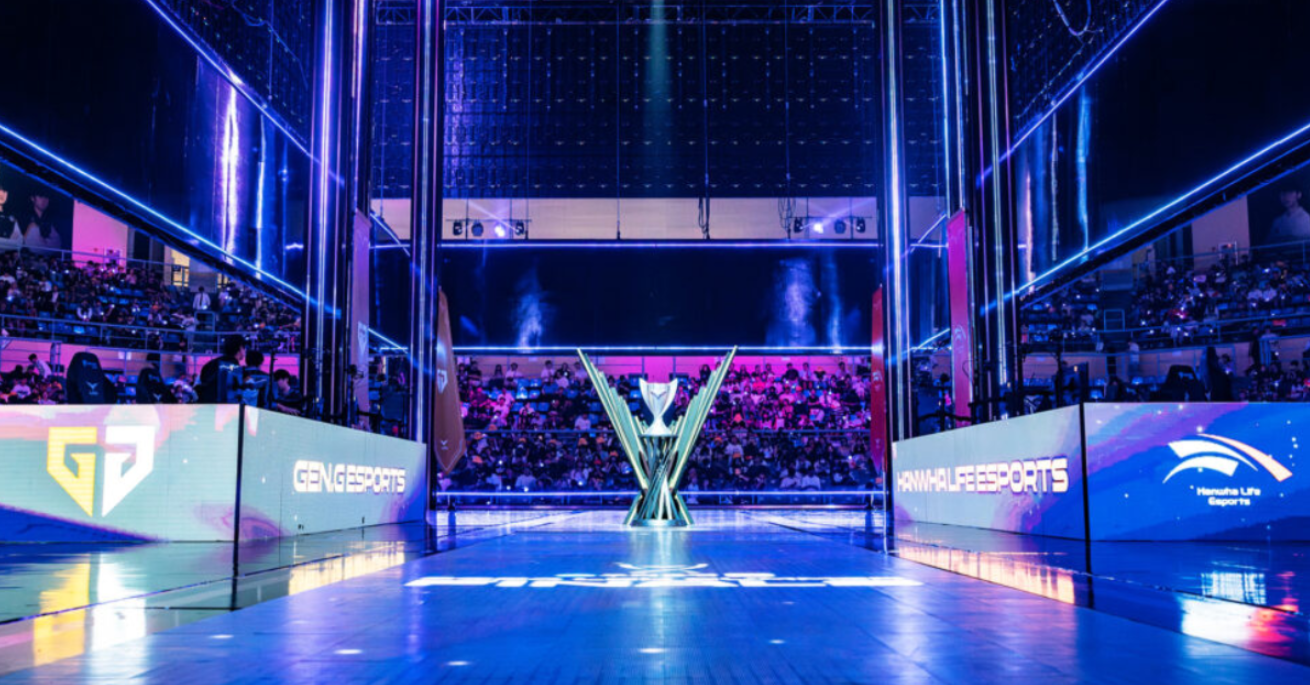Riot Games Cuts Positions Among League of Legends Development Team

In a significant and disheartening turn of events for the gaming industry, Riot Games has announced another round of layoffs, affecting 32 employees. This decision includes 27 developers from the League of Legends team and five workers from the publishing department. These layoffs represent the second time this year that the company has had to reduce its workforce, raising concerns about the industry’s stability and the well-being of its employees. Founded in 2006 by Brandon Beck and Marc Merrill, Riot Games has been a major player in the gaming world, renowned for its flagship title, League of Legends, which has garnered a massive global following. The company is also behind Valorant, a tactical shooter that has quickly gained popularity since its launch. Despite their successes, the recent layoffs highlight the challenges faced by even the most successful gaming companies, as they navigate fluctuating market conditions and evolving player expectations.
The impact of these layoffs extends beyond just numbers; they represent real people and families affected by the uncertainties of the industry. Many employees who dedicated years to creating beloved games now face an uncertain future. Riot’s leadership has expressed their commitment to supporting those affected, but the emotional toll of job loss cannot be understated. As the gaming landscape continues to shift, it’s crucial for companies like Riot Games to find sustainable paths forward, ensuring the well-being of their employees while also delivering the quality experiences players expect. The gaming community will be watching closely to see how Riot navigates this challenging period and what it means for the future of its iconic titles.
Table of Contents
Riot Games Faces Workforce Challenges Amid Strategic Restructuring
In January 2024, Riot Games made headlines with the announcement of a substantial workforce reduction, laying off approximately 11% of its employees, which translates to around 530 individuals. This significant move not only affected a large number of workers but also led to the closure of Riot Forge, the publishing label that had been responsible for popular titles such as Ruined King and Song of Nunu. The decision marks a pivotal moment for Riot Games, a company that has long been at the forefront of the gaming industry. A. Dylan Jadeja, who has been the CEO of Riot Games for several years and a part of the senior executive team for over a decade, explained that the layoffs were a necessary step due to the company’s unsustainable growth model. He pointed to several “big bets” that the company had made in recent years, which ultimately did not pay off. This acknowledgment of missteps reflects a broader trend in the gaming industry, where even established companies must navigate the complexities of market demands, player expectations, and financial sustainability.
The impact of these layoffs is multifaceted. For the affected employees, it means an abrupt end to their roles within a company that many have dedicated years to. The emotional toll of such a decision can be significant, not only for those losing their jobs but also for the remaining team members who must grapple with the implications of a reduced workforce. The culture at Riot Games, known for its commitment to creativity and innovation, may also be affected as the company restructures in response to these challenges. In a heartfelt message on social media, co-founder Marc Merrill addressed the community, emphasizing that the layoffs were part of a long-term vision to ensure that League of Legends continues to thrive for another 15 years and beyond. His comments provided some reassurance to fans who were concerned about the future of their favorite games. Merrill clarified that the decision to cut staff was not primarily driven by a desire to save money but rather to refine the company’s focus and expertise. This distinction is important, as it highlights Riot’s commitment to maintaining the quality of its games and the experiences it provides to players.
Despite the layoffs, Riot Games is determined to persevere with its popular lineup of titles. The company has a rich history of innovation and has been a pioneer in the gaming industry, particularly with League of Legends, which has become a cultural phenomenon since its launch. The game’s success has not only shaped the esports landscape but has also fostered a vibrant community of players and content creators. The initial uncertainty surrounding the number of layoffs made it difficult for employees and fans alike to understand the full scope of the situation. However, it was later revealed that 27 of the laid-off employees were from the League of Legends PC development team, while another five were from the publishing division. This targeted approach indicates a strategic shift in how Riot Games plans to allocate resources and talent moving forward. As Riot navigates this challenging period, the gaming industry as a whole is watching closely. The recent layoffs serve as a reminder of the volatile nature of the industry, where companies must constantly adapt to changing player preferences, technological advancements, and economic pressures. For many in the gaming community, these layoffs raise questions about job security and the future of game development.
In response to the layoffs, there has been an outpouring of support from the gaming community. Fans and industry colleagues have expressed their solidarity with those affected, recognizing the hard work and dedication that goes into creating games. This collective response underscores the sense of community that exists within the gaming world, where people come together to support one another, particularly in times of need. Looking ahead, Riot Games faces the challenge of rebuilding and refocusing its efforts while maintaining the high standards that players expect. The company has an opportunity to reassess its priorities and invest in the areas that will drive future success. By honing its expertise and ensuring that it has the right talent in place, Riot can work towards a sustainable future that benefits both the company and its dedicated player base. In conclusion, the recent layoffs at Riot Games highlight the complexities and challenges faced by gaming companies today. As the industry continues to evolve, companies must find ways to remain agile and responsive to market demands while also prioritizing the well-being of their employees. For Riot Games, this means not only managing the immediate impact of the layoffs but also setting a course for long-term success that honors its legacy and commitment to its players. The journey ahead will undoubtedly be challenging, but with a clear vision and a dedicated team, Riot Games has the potential to emerge stronger and more focused than ever.
Riot Games Announces Layoff of 32 Staff Members
Merrill noted in his post that the employees affected by the layoffs would receive a comprehensive severance package, which includes six months of pay, a year-long bonus, health coverage, and assistance with job placement. This decision reflects Riot Games’ commitment to supporting its staff during this challenging transition. However, the latest layoffs represent a continuation of a troubling trend in the gaming industry, where studios are facing increasing pressures that lead to significant workforce reductions. As 2024 unfolds, Riot Games joins a growing list of companies that have made substantial cuts. Earlier this year, Unity announced it would eliminate approximately 25% of its workforce. This decision came after a tumultuous period for the company, marked by controversies surrounding its business practices and a significant change in leadership. Unity’s downsizing serves as a stark reminder that even well-established companies are not immune to the challenges of the gaming industry’s evolving landscape.
In addition to Riot and Unity, NaturalMotion Games, a developer known for its mobile titles, also recently faced layoffs, which included the closure of an entire studio in the UK. Such decisions are often the result of a combination of factors, including shifts in market demand, changes in consumer preferences, and the financial pressures that many companies are currently experiencing. The impact of these layoffs is profound, not only for the affected employees but also for the overall health of the gaming community. The statistics surrounding job losses in the gaming industry are staggering. In 2023 alone, an estimated 10,000 video game workers lost their jobs, and the situation has not improved in 2024, with another 13,000 layoffs reported. These numbers reflect a broader trend of instability within the industry, raising concerns among workers and advocates about job security and the future of game development. Many industry observers are left wondering how long this troubling trend will continue. As companies like Riot Games and others make difficult decisions, the landscape of the gaming industry is changing rapidly.
The reasons behind these layoffs are complex and multifaceted, often involving a combination of economic pressures, shifts in consumer behavior, and the ongoing impact of global events. For the gaming community, these layoffs represent more than just numbers; they affect real people with families and aspirations. Each job loss is a reminder of the human side of the industry, where passionate individuals dedicate their talents to create the games that so many love. The emotional toll on those affected can be significant, leading to uncertainty and anxiety about the future. In response to these challenges, many organizations within the gaming community are stepping up to provide support for laid-off workers. Initiatives aimed at networking, skill development, and job placement assistance are becoming increasingly common, helping individuals navigate the difficult job market. These efforts highlight the resilience of the gaming community, which often comes together in times of need.
As the industry grapples with these changes, it also presents an opportunity for reflection and growth. Companies may need to reassess their strategies, focusing on innovation and adaptability to meet the demands of a rapidly changing market. The gaming industry has always been characterized by its ability to evolve, and this moment could serve as a catalyst for positive change moving forward. Looking ahead, the future of the gaming industry may depend on how companies respond to these challenges. By prioritizing employee well-being and fostering a culture of support, game studios can create a more sustainable environment that benefits both their teams and their players. The importance of maintaining a strong and engaged workforce cannot be overstated, as it directly impacts the quality of the games produced and the experiences offered to players. In conclusion, the recent layoffs at Riot Games and other studios underscore the broader challenges facing the gaming industry in 2024. With thousands of workers affected and uncertainty looming, it is crucial for companies to navigate this landscape thoughtfully. By focusing on support for employees and embracing innovation, the gaming industry can work toward a more stable and promising future. As the community rallies around those impacted, there is hope that the industry can emerge stronger and more resilient than before, continuing to create the beloved games that bring joy to millions.




